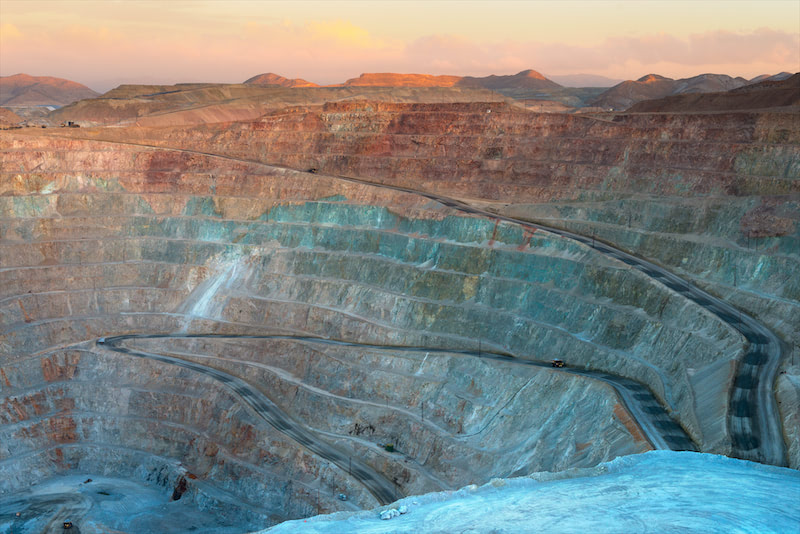SHANGHAI, Mar 19 (SMM)—Rebar output rebounded rapidly as profits improved, said Bai Xin, SMM ferrous analyst, at the online live conference held by SMM on March 18. She shared her views about how the steel market will perform against a backdrop of carbon neutrality.
Rebar output rose rapidly as profits increased
Rebar prices surged by about 400 yuan/mt after the Chinese New Year (CNY) holiday, with the national average price at one point reaching 4,750 yuan/mt, while raw materials prices increased relatively slower, which boosted profits of steel makers. Steel mills in north and north-west China which had suffered losses before CNY saw profits recover to 200-300 yuan/mt, which encouraged them to ramp up production.
Since December 2020, profits of electric arc furnace (EAF) mills were the same as or even higher than that of blast furnace (BF) mills, standing at around 100-300 yuan/mt. EAF operating rates recovered to above 80% in the two weeks after CNY.
Post-holiday demand recovery missed expectations
Demand recovered rapidly after the CNY holiday. Resurgence of COVID-19 cases in Hebei, Heilongjiang and Shanghai in December 2020 prompted local governments to encourage workers to stay where they work in order to reduce the possibility of being infected with the virus, which contributed to the fast recovery of demand.
However, it has taken longer time than previous years for demand to fully recover. Frequent rainfalls in east China and the two sessions in Beijing hindered the recovery of demand. Besides, real estate companies faced greater cash flow issues as raw materials prices increased, which prompted them to slow down procurements.
End user demand has recovered by 70%-80% as of March 18, SMM learned from end users and traders.
Impact of the carbon neutrality policy on the steel market
At this year’s two sessions, carbon neutrality has for the first time been included in the government work report. Driven by this, demand for new energy and clean equipment is likely to increase, while supply of high energy consumption products are expanded to shrink.
The primary goal under the carbon neutral strategy is likely to control total carbon emissions, which will inevitably curb the growth of steel output. China’s crude steel output is likely to rise at a slower pace or even shrink significantly in a short term due to implementation of some new policies.
Proportion of EAFs is expected to increase. BF steel mills are expected to upgrade technologies in order to reduce energy consumption and carbon emission and raise utilisation of new energy.
Rebar price forecast in the medium and short term
Rebar prices are likely to experience a period of consolidation in the short term. Demand is still curbed, and lower raw materials prices weigh on rebar prices. But in the long run, demand is expected to rise faster than supply.
Rebar supply has already recovered to a high level, and is unlikely to continue to increase significantly amid the carbon neutrality policy.
SMM predicts that demand from real estate companies for steel products is likely to drop slightly by 2.2% in 2021, while that from the infrastructure construction sector to rise by 9.3%, and rebar prices are likely to rise in Q2.



